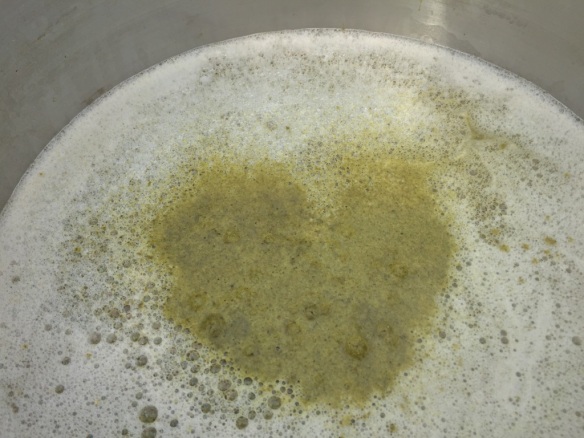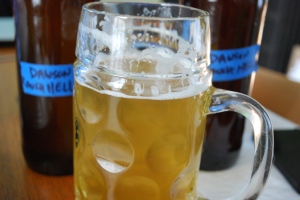
I can still remember reading this dude’s book for the first time. I remember distinctly that it felt like a call to action, but even so, I think that year’s edition of MD would have had a hard time imagining what a seismic, life-changing decision that fateful first five gallons of Extra Pale Ale wort actually represented, charting a course and starting a common thread to run through the next couple-three decades and connecting me with a network of like-minded deviants (Summit Brewing founder Mark Stutrud’s term, not mine; but I wear it with pride) all over the world. Continue reading






